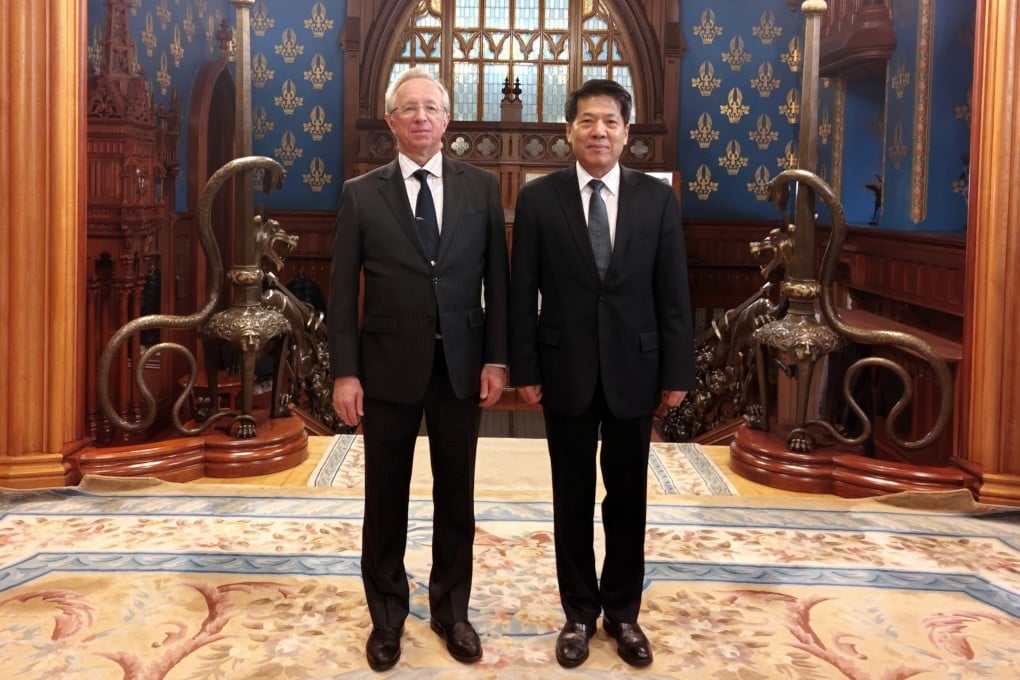Advertisement
Opinion | 10 reasons China and Russia differ in their approach to international rules
- As multipolarity becomes a trend, it’s necessary to compare differences among emerging nations as well as between them and the West
- Russia and China have a close strategic partnership but very different outlooks and behaviour on the world stage
Reading Time:3 minutes
Why you can trust SCMP
5

The second Multipolarity Forum was held in Moscow last month, attended by representatives from 130 countries. During a dinner at the forum, a top Russian official asked the Chinese representative why it was that China was able to rise within the Western rules, but Russia could only achieve its goals by overturning those rules. This question highlights Russia’s grievances about why it cannot integrate into Europe even though its leaders see themselves as part of Europe.
How did China do it? By manipulating the rules? Of course not. Beijing has been playing by the rules. Since joining the World Trade Organization, China has developed quickly.
However, it has advanced not just because it has benefited from the rules of globalisation and other international norms. The Chinese people’s diligence and wisdom, the nation’s vast size, and the advantages of its system of socialism with Chinese characteristics have all played a role.
Advertisement
It is necessary to compare the Western concept of a “rules-based international order” with the outlook of emerging nations. During a panel discussion at the 60th Munich Security Conference in February, for example, Indian foreign minister Subrahmanyam Jaishankar was asked about his country buying oil from Russia and then exporting it to Europe in spite of Western sanctions on Moscow.
“Is that a problem?” he replied. “Why should that be a problem? If I am smart enough to have multiple options, you should be admiring me.” Jaishankar’s retort elicited a smile from US Secretary of State Antony Blinken who was also part of the panel.
Advertisement
This provides some insight into how differently Brics countries and the West view the rules. However, there are also differences among the Brics nations of Brazil, Russia, India, China and South Africa. Exploring those differences is important to understand the rules-based international order, the China-Russia comprehensive strategic partnership of coordination, and how cooperation happens within multilateral groups like Brics and the Shanghai Cooperation Organisation.
Advertisement
Select Voice
Select Speed
1.00x
